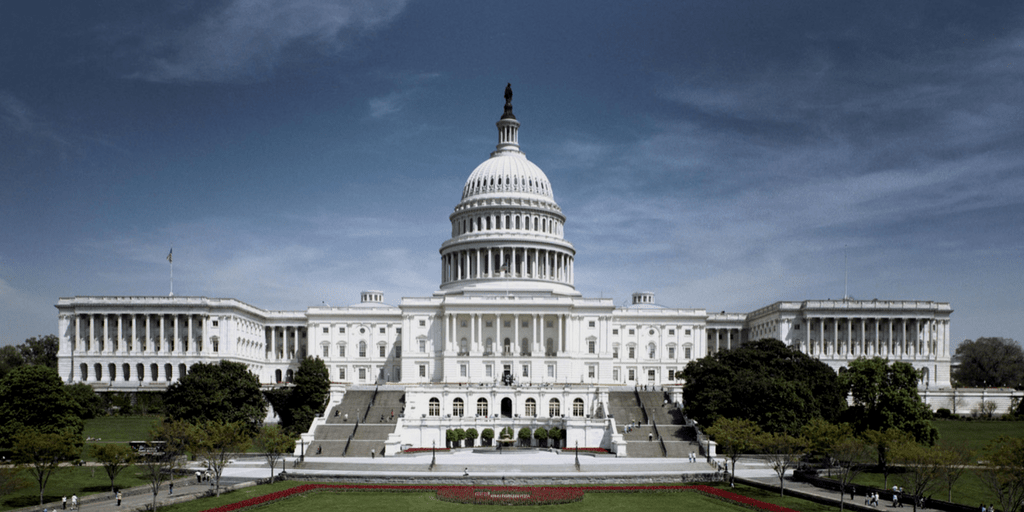Anytime tax legislation is being written, it is wise to wait until a bill is signed before opining on what said change may mean for our clients. Once the Republican Tax Cuts and Jobs Act (TCJA) is signed into law we will be offering guidance on how best to strategize in light of the most significant tax overhaul since the 1986 Act.
How best to begin?. The bill has been characterized as a “must win” by the Republican leadership as well as President Trump. As the chief advocate of the bill’s twisted math, we need look no further than our president, who lives in a penthouse in midtown Manhattan, immodestly named after himself. The tower is 58 stories high, and yet he resides on the 66th floor. It doesn’t add up, and neither does this bill.
TCJA is so bad that it is being sold as something it is not on multiple fronts. For example, it is not tax reform. The bill adds nearly 500 pages of mind numbing complexity to an already stupendously bloated tax code. It is being touted as a middle class tax cut. This also is not true. The overwhelming majority of the tax cuts go to corporations who are flush with cash and are reporting double digit profit numbers for 2017. By the way, the corporate tax cuts are permanent, yet the personal tax cuts are phased out over time.
The bill is also being touted as revenue neutral. In other words, the Republicans, with straight faces, are claiming that the bill will pay for its $1.5 trillion in tax cuts with faster economic growth. What is interesting is that they have been unable to provide any analysis to support their assertion in the face of several studies, including the non-partisan Joint Committee on Taxation, that indicate even with dynamic scoring, that is adjusting for behavioral changes to different incentives in the bill, it still loses $1 trillion over 10 years.
In the event you were trapped in a cave for the past 8 years, Republicans have been hyper sensitive to the evils of escalating federal debt. Apparently that is only the case when they are out of power as our nation’s debt escalated significantly during the Reagan and G.W. Bush Administrations; and it appears likely to do so under the Trump Administration. We shall discuss the dangers of a high debt to GDP ratio in a future missive, but suffice it to say, this does not augur well for our economy long term.
Two final points. The bill has been touted as a needed tonic for our economy. This contention is diametrically opposed to all economic theory. The economy does not need additional stimulus with near record low unemployment, high corporate profits and the strongest GDP growth we have seen in years. As a matter of fact, the Fed said that if the economy gets overheated, they will raise rates more aggressively, further blunting any stimulative impact of the bill’s tax cuts. At this point in the business cycle, with the economy running as strong as it is, any additional stimulus will produce muted growth at best.
Finally, there is the issue of repatriation of trillions of corporate dollars held in offshore subsidiaries. The way the law is currently written, corporations with foreign operations can shelter foreign earnings from U.S. taxation by leaving those earnings abroad. The TCJA is offering corporations the opportunity to bring those profits back to the U.S. at greatly discounted rates of between 10%-14%, depending the final outcome of the legislation.
According to Axios, “A lot of the overseas cash is actually invested in U.S. securities, treasuries and corporate debt, but is not on the company’s U.S. balance sheet, according to tax and finance experts. For the offshore money that is tied up in foreign accounts, companies have not guaranteed they would bring that money back. And even if they do, they haven’t guaranteed they would invest those profits into raising wages, hiring more workers or building/upgrading facilities.” So the contention that corporations will use this new cash to hire more, expand facilities and raise wages is specious at best.
So if it seems like this piece of legislation is ill timed as an economic elixir, ill suited as tax simplification, or hardly revenue neutral, why the rush? Why push something that is so complex on our already hyper complex tax code without proper vetting? If this bill is truly defensible, hold hearings seeking the counsel of experts. Listen to what the non-partisan scorekeepers have to say. Passing legislation with no input from the opposition, in the dark of night, in record time is not in anyone’s best interests. Just because you can do it, doesn’t make it right.
Deprecated: preg_replace(): Passing null to parameter #3 ($subject) of type array|string is deprecated in /home/ogorek_dev_minerva/ogorek.minervawddev.com/wp-includes/kses.php on line 1805
PLEASE SEE IMPORTANT DISCLOSURE INFORMATION HERE.




